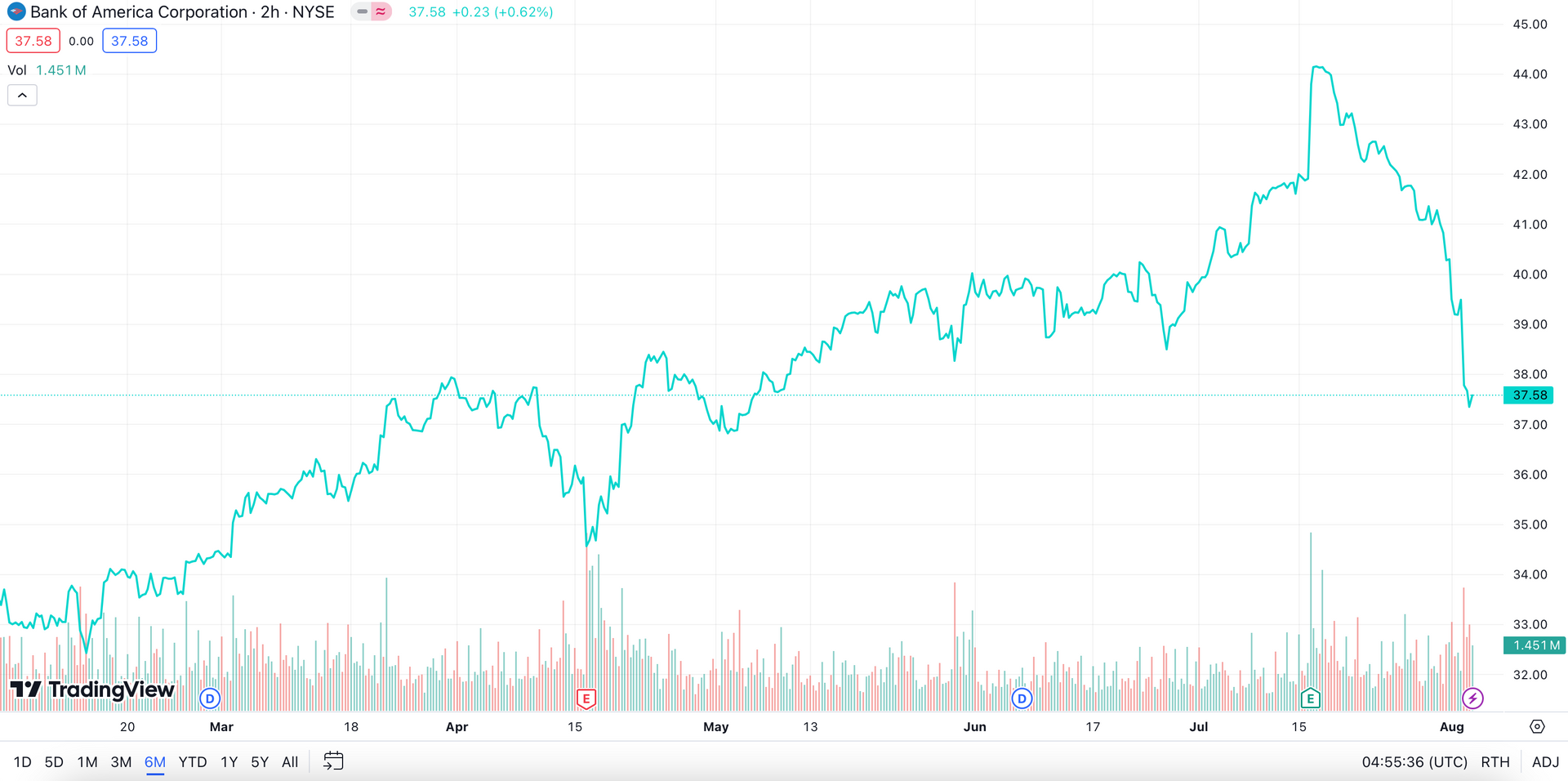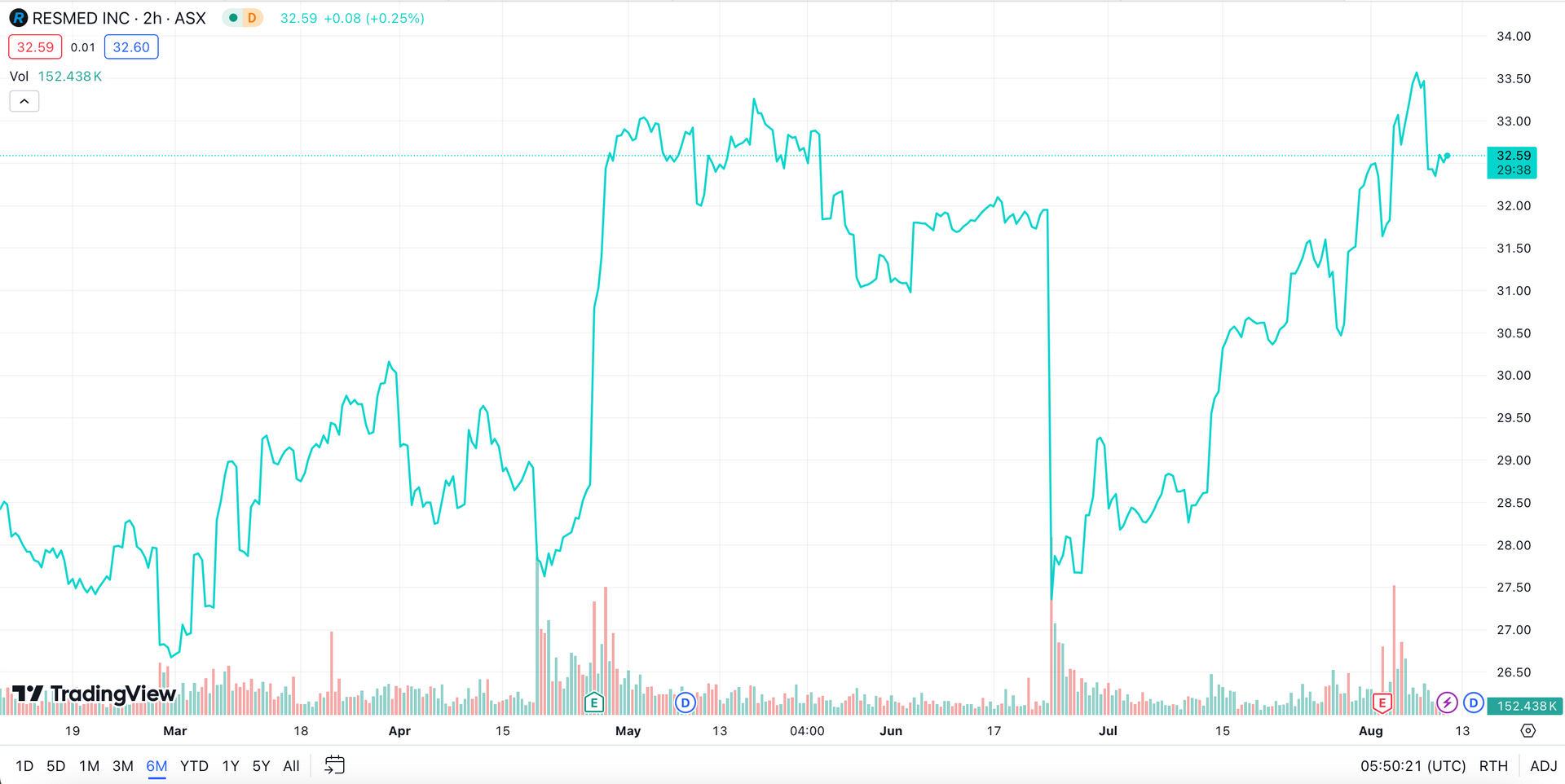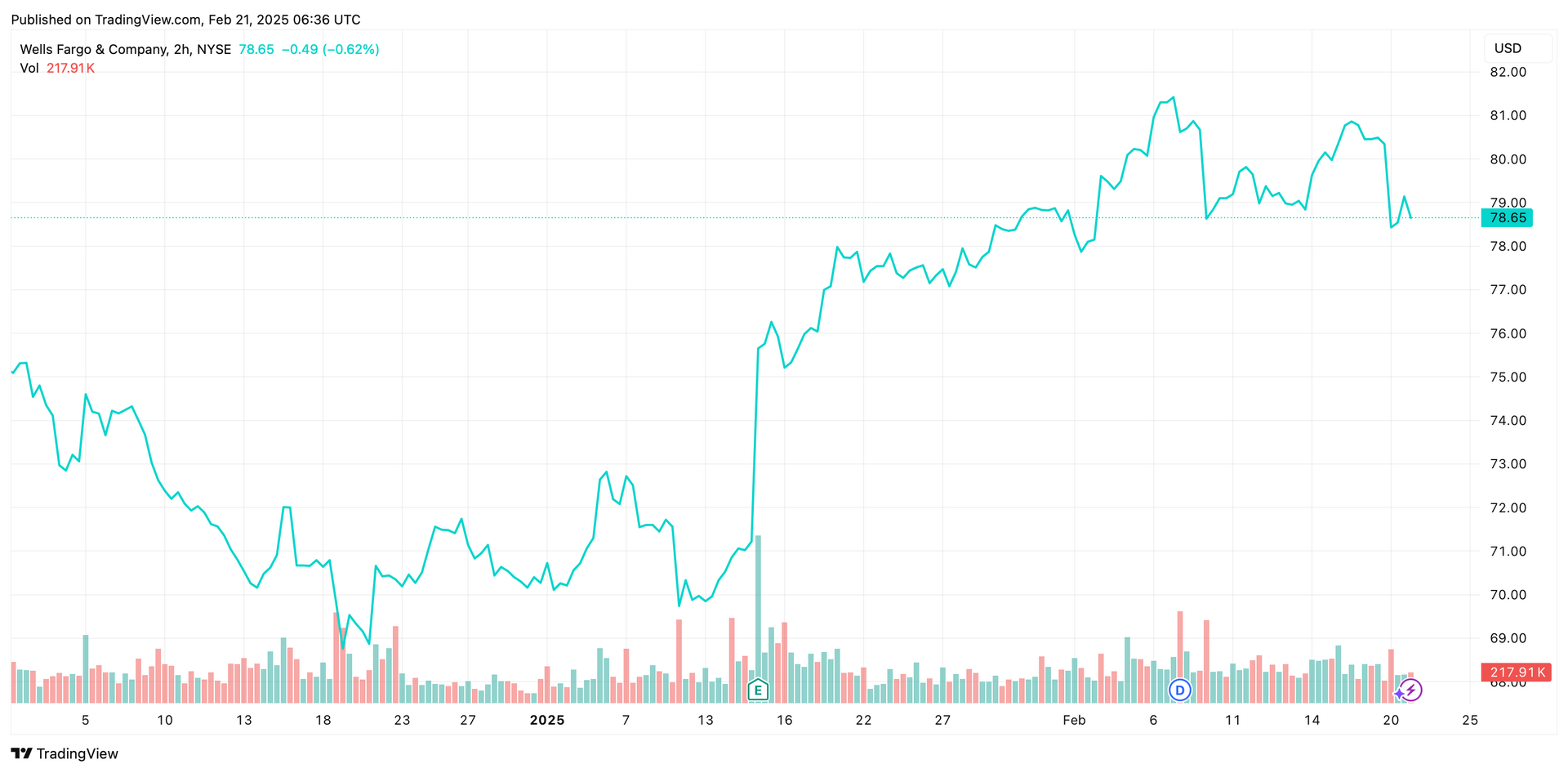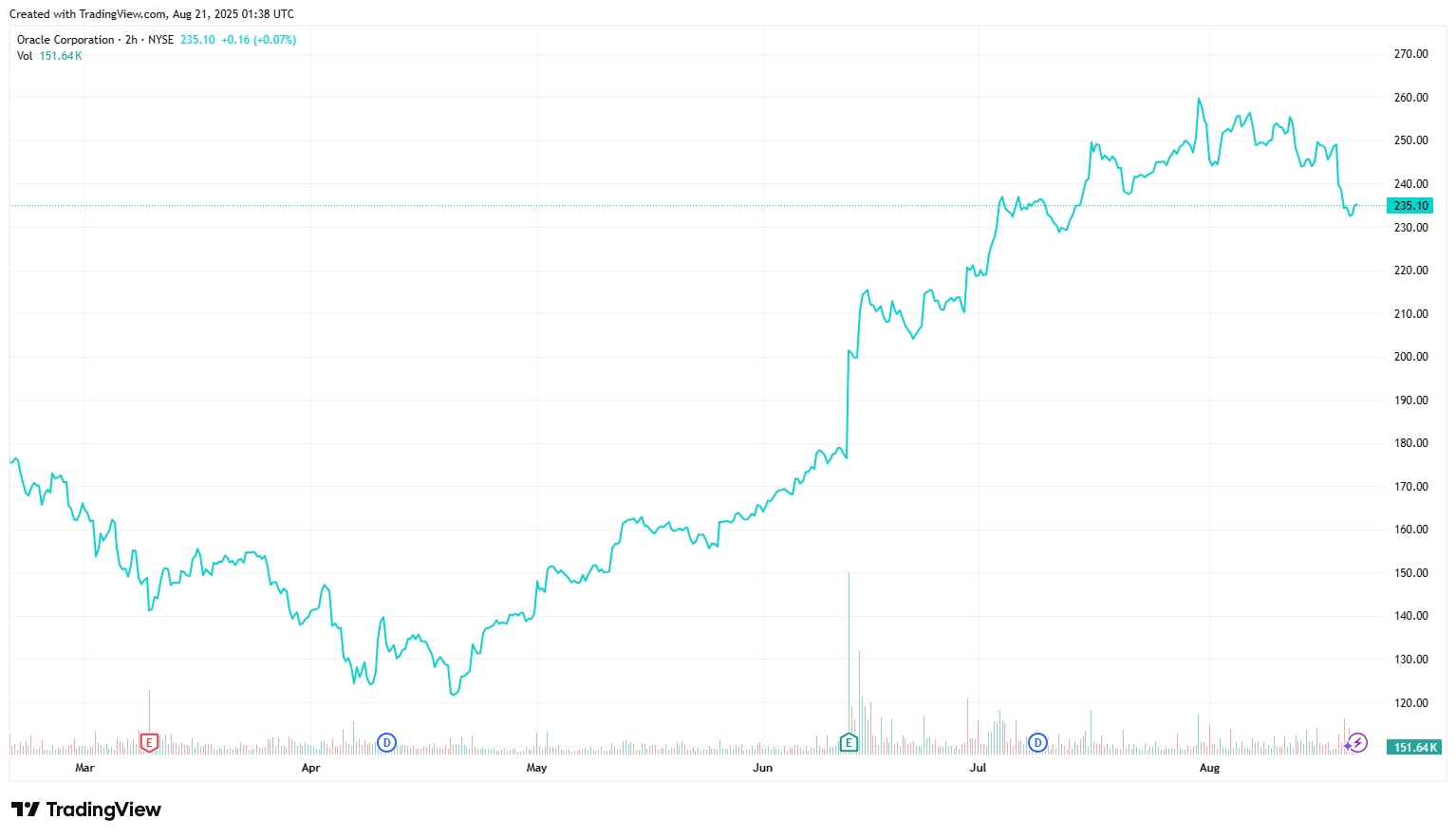China: A nation desiring struggle or peace
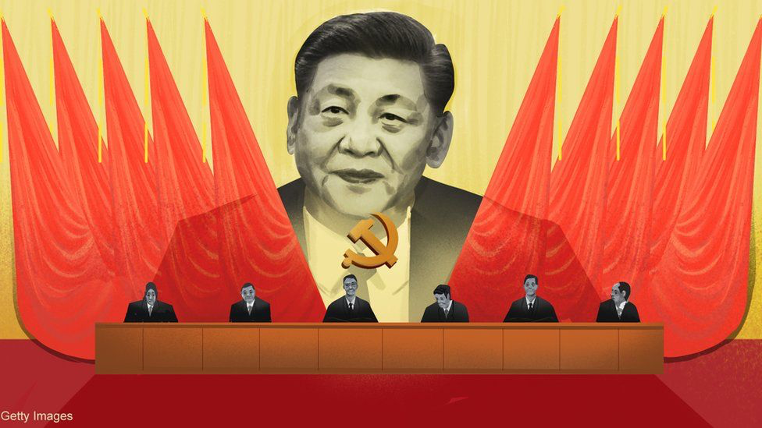
Chinese leader Xi Jinping walked across the red stage of the Great Hall of the People in Beijing and took his place at the centre. After a quick wave and a glassy stare, he was anointed the uncontested leader of China for the next five years - securing his third term as general secretary.
While the Chinese Communist Party (CCP) manifested a clear intention of creating a collective leadership within China after the death of Mao, Xi Jinping has rejected this notion and noted that the future is "in his hands". He has been able to concentrate the political power through masterful manipulation and by linking his leadership with the perpetual sustainability and growth of China.
While Western media has mentioned Xi Jinping's extended leadership, they have turned particular attention to Xi Jinping's optimistic comments about China's future relationship with the U.S.
Xi Jinping said in his message to a New York-based non-profit organisation:
"As major powers, strengthening communication and cooperation between China and the U.S. will help to increase global stability and certainty, and promote world peace and development".
Biden resonated with Xi Jinping's desire for harmony yet continued to note that "we must maintain, as I said, our military advantage. But we're making it clear that we don't seek conflict".
While Xi Jinping's comment holds weight in ascertaining China's future intentions, China's true intentions can be revealed through its relationship with Marxism-Leninism - the CCP's hallmark ideology. Notably, any reference to Marxism-Leninism does not refer to the philosophy strictly, as all Marxist dictators uniquely manifest the philosophy based on their views and objectives. While Stalin and Mao both abided by Marxism-Leninism (which essentially is a blend of both Karl Marx's and Vladimir Lenin's views), Xi Jinping's Marxism-Leninism is more complex than Mao's, blending both ideological purity with technocratic pragmatism.
A fundamental feature of Marxist-Leninism is "struggle" (in either its violent or non-violent manifestation). However, the idea of 'struggle' is diametrically at odds with Xi Jinping's recent comments about attaining "peace" through "communication". While "common prosperity" is a feature of Marxism, the aforesaid concept of "struggle" when considered next to Xi Jinping's overriding nationalist objective, presents an aggressive ideological thematic for China's foreign policy.
Like all Marxist-Leninists, Xi Jinping's thinking is rooted in historical materialism - an approach to history focused on the inevitability of progress through ongoing class struggle. Alongside this is the idea of dialectical materialism - an approach to politics that finds that change is the product of continual contradictory forces at war against another. It is this latter idea that this article focuses on as it is beneficial in gaining an understanding as to whether Xi Jinping truly desires "harmony" and "peace".
As for dialectical materialism, it is a philosophy that finds the CCP is in a contest with constant opposite and reactionary forces. Moreover, it is a lens that has a strong bearing in understanding the challenges that China faces and functions as a quasi-law of existence.
On the home front, the dialectic is between the CCP and the arrogant private sector, the Wests' influence on Chinese citizens, and religious movements. Similarly, it can be seen in their relationship abroad with the U.S. and its Western allies.
While the notion of the dialectic is ostensibly complex, to better understand the philosophy, let's consider its rationale through a fundamental symbol: the yin-yang. This symbol perfectly captures the idea of dialectical materialism as white and black, contradictory colours which will symbolically always be at odds with one another. As for a more practical example, consider the proletariat and bourgeoise who stand as an economic contradiction.
Under a dialectical materialist lens, the goal for peace appears unattainable, however it is in fact not. While peace would represent a cease in contradictions, dialectical materialism holds that any "process" has a constant flux of contradictions, however these contradictions inevitably resolve themselves - rebuilding into new contradictions and creating change. Thus, paradigms, whatever paradigm you may choose, only evolves through the resolution of contradictions but continues to rebuild per se because of the existence of new contradictions.
However, under this lens peace is somewhat akin to perfect: the very pursuit of it is beneficial but is ultimately riddled unattainable. Xi Jinping's recent "work report" shows how their current state is a "process of contradictions" implying it is not at the "peace" or resolution stage. Within it, he notes, that China msut be "prepared for the dangers in peacetime" as well as "preparing for the storm" and adhering to the "spirit of struggle". This shows how China, while acting contrary to perhaps the perceived state of affairs, ensures they are ready for any potential issues.
Ultimately, China's relationship with the notions of both "struggle" and "peace" is a complex and not necessarily clear. While the former has a clear philosophical foundation, the latter is less clear. Indeed, the latter appears to be a potentially short-term consequence of the former as dialectical materialism advances the view that everything is in contradiction and that any resolution is faced with new contradictions. Whether the Chinese people will be met with more "struggle" than "contradiction" is a question that can only be answered in time.
To keep up with the latest finance, tech, crypto and geopolitical news, subscribe to our mailing list.
[Disclaimer: The material across our site is provided for informative purposes only and does not contain investment advice.]
Subscribe to our newsletter
Disclaimer: This article does not constitute financial advice nor a recommendation to invest in the securities listed. The information presented is intended to be of a factual nature only. Past performance is not a reliable indicator of future performance. As always, do your own research and consider seeking financial, legal and taxation advice before investing.
